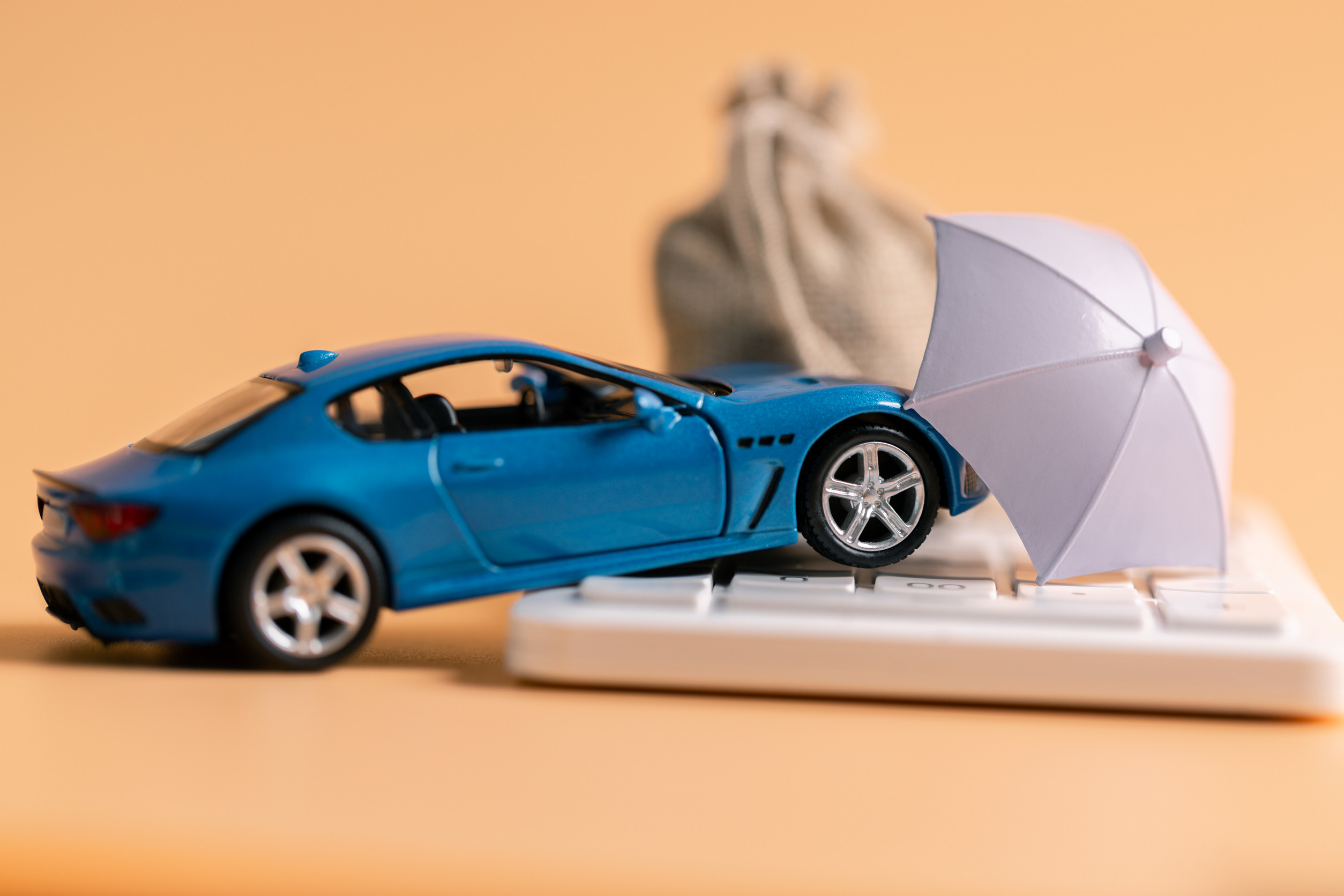

Most states require drivers to hold some kind of car insurance. This is supposed to offer peace of mind and also mitigate costs when an accident happens. However, like with anything else, you should read the fine print on your insurance policy. Most people assume that their policies protect them from anything, but there are some car insurance loopholes that can actually negate your coverage altogether. Here are 10 loopholes that will absolutely screw you.
1. Lending Your Car to a Friend? That’s on You
It seems harmless—your buddy borrows your car for a quick errand. But if they get into an accident, your insurance is usually the one footing the bill, not theirs. Many drivers don’t realize their policy follows the vehicle, not the person. If your friend causes serious damage, it could raise your rates or even max out your liability coverage. Always think twice before tossing someone the keys.
2. Uber or DoorDash? You Might Not Be Insured
Using your personal car for rideshare or delivery work seems like a great side hustle—until your insurance refuses to cover an accident. Most personal policies exclude commercial use unless you add special coverage. If you don’t inform your insurer, they can deny your claim outright. Even worse, you could be on the hook for damages, injuries, and legal fees. If you’re hustling, make sure your policy is too.
3. Missing a Payment Can Cost You Everything
Life happens. You missed a payment. No big deal, right? Wrong. Some insurers cancel your coverage immediately without warning, even if you’re just a few days late. If you get into an accident during that lapse, you’re driving uninsured, and you could face massive financial and legal consequences.
4. Aftermarket Mods? They’re Probably Not Covered
If you’ve added custom wheels, a lift kit, or a souped-up sound system, your insurer may not pay to replace them. Standard policies usually only cover factory equipment unless you specifically add extra coverage for modifications. So if your car gets stolen or totaled, you’re out of luck. To protect those custom upgrades, you’ll need to document them and update your policy. Otherwise, all that money you spent vanishes with the car.
5. Using the Wrong Address Can Void Your Policy
Trying to save money by listing your car at your parents’ address instead of your own? That little “white lie” could void your entire policy. Insurance rates are calculated based on where your car is actually parked. If you lie about your location, insurers can call it fraud and deny your claim. The risk of getting caught far outweighs any temporary savings.
6. Personal Items Inside the Car? Not Their Problem
If your laptop, phone, or expensive tools get stolen from your vehicle, don’t expect your car insurance to cover it. Personal belongings are usually not included in standard auto policies. That falls under your renter’s or homeowner’s insurance—if you have it. It’s a frustrating reality for people who assume full coverage means everything inside the car is protected. Know what’s actually covered before you leave valuables in your backseat.
7. A Delayed Claim Can Be Denied
After an accident, you might be shaken up and think, “I’ll deal with it later.” But wait too long, and your insurer could legally refuse to pay. Most policies have a deadline for filing claims—sometimes as short as 24–48 hours. They may argue that the delay prevents them from properly investigating. Always report an incident as soon as possible, even if you’re unsure how severe it is.
8. You’re Underinsured Without Realizing It
Many drivers opt for the cheapest policy, assuming basic liability is enough. But minimum coverage rarely protects against serious accidents. If you injure someone or total another car, you could easily owe more than your policy covers. Once you hit your coverage limit, the rest comes out of your pocket. Make sure your liability limits match real-world costs—not just state minimums.
9. Flood Damage? Depends on Your Coverage
A flash flood can destroy your car in minutes, but don’t assume insurance will save you. Flood damage is not covered by standard collision or liability insurance. You’ll need comprehensive coverage to protect against natural disasters. Many drivers don’t realize this until their car’s underwater—and so is their bank account. If you live in an area prone to flooding, check your coverage now, not after the storm.
10. Parking Lot Accidents? You Might Be Liable
If you bump another car in a parking lot and no one’s around, it may feel like no big deal. But drive off without reporting it, and you’ve technically committed a hit-and-run. Worse, if your insurer finds out you didn’t leave a note or report it, they might refuse to cover the claim. Even minor parking mishaps should be documented. It’s better to own up than pay later.
Don’t Let Fine Print Wreck Your Finances
Nobody wants to have to use their car insurance, but in the event that you do need it, every detail of your coverage matters. These common car insurance loopholes can bleed you dry if you’re not aware of them. So, when you are reviewing your policy, get to know everything about what’s covered and what’s not. Also, don’t forget to update your coverage when things change in your life. Ultimately, the real protection will be provided when you take the time to read the fine print.
Have you ever been blindsided by a car insurance loophole? Share your experience in the comments so others know what to watch out for!
Read More
6 Cars With the Most Expensive Insurance Rates in 2025—And 3 That’ll Save You Money
These 5 States Have The Highest Car Insurance


Drew Blankenship is a former Porsche technician who writes and develops content full-time. He lives in North Carolina, where he enjoys spending time with his wife and two children. While Drew no longer gets his hands dirty modifying Porsches, he still loves motorsport and avidly watches Formula 1.


Leave a Reply